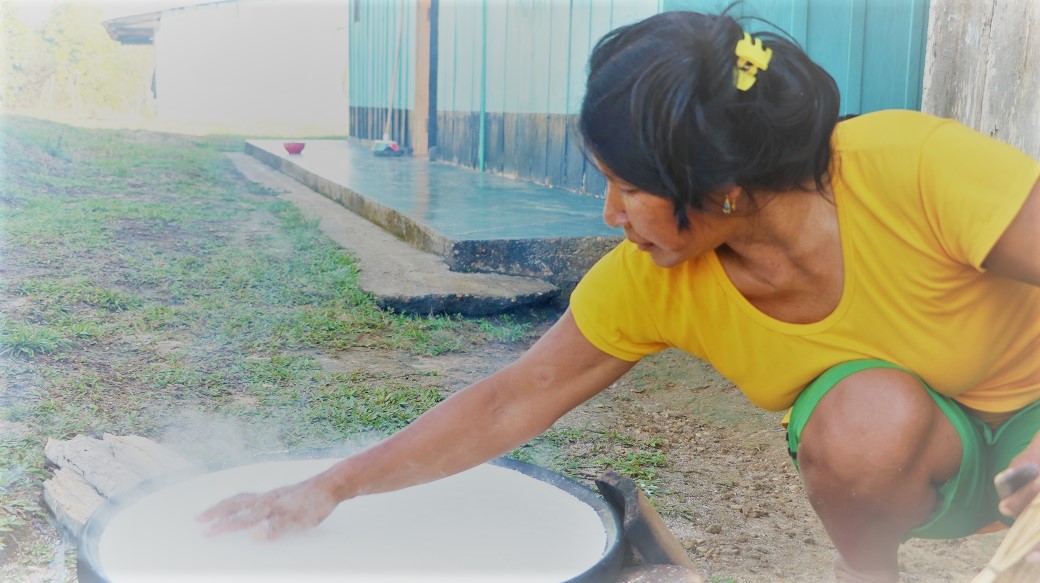Postpone COP26! CLARA members call on UN to speed up climate action, but delay the negotiations

FOR RELEASE: Wednesday 8 September
CLARA Members Call for Postponing COP26
COP26 climate change talks should be delayed, say CLARA organizations.
The COP26 climate change conference scheduled for October 31 – November 12 in Glasgow, Scotland, should be postponed, according to member organizations from CLARA, the Climate, Land, Ambition and Rights Alliance.
It is no longer possible for a safe and equitable conference to be held as planned. Vaccine inequity has allowed the pandemic to continue to rage while millions of people in poorer countries lack access to vaccines. Holding the COP under such circumstances is both too risky and means far too many people will not be able to attend for the process to be equitable. The statement Tuesday from the UK COP26 President offering to pay for required quarantine hotel stays on the way to the COP does not change this reality.
Delaying the COP should not and does not mean delaying climate action, as countries can and must increase their climate ambition. CLARA’s call for postponement echoes a statement released Tuesday by the Climate Action Network which noted: “It is evident that a safe, inclusive and just global climate conference in early November will be impossible given the failure to support the access to vaccines to millions of people in poor countries, the rising costs of travel and accommodation, including for quarantine in and outside
of the UK and the uncertainty in the course of the COVID19 pandemic.”
“An in-person COP in early November would de facto exclude many government delegates, civil society campaigners and journalists, particularly from Global South countries, many of which are on the UK’s Covid19 ‘red list’.”
STATEMENTS FROM CLARA MEMBERS
Teresa Anderson, climate policy coordinator at ActionAid International:
“Vaccine inequality is excluding too many countries and civil society organisations in the Global South from attending COP26. ActionAid is therefore joining calls for the summit to be postponed.
“Women and young people in the Global South are already bearing the brunt of the climate crisis. Without their voices and equal representation of governments and civil society from
developing countries, the negotiations will reinforce power imbalances and serve the agendas of big polluters over vulnerable communities.
“COP26 needs to deliver on climate finance and provide support for communities already facing the loss and damage caused by climate impacts. The tricky negotiations around carbon markets will also determine the extent to which governments and corporations can purchase carbon offsets to meet their net zero targets, instead of taking real climate action.
“We cannot expect fair or effective outcomes on these key issues affecting communities on the frontlines of the climate crisis if delegates from developing countries are unable to participate on a level playing field.”
Souparna Lahiri, Climate Policy Advisor, Global Forest Coalition
“The COVID-19 pandemic has exposed the inequity that is prevailing today and is ever increasing. The response of the developed north in cornering five to ten times vaccine doses per person with so many countries in the global south suffering from vaccine shortage is a stark reminder of apartheid and inequity that the global north practices. When the UK itself has high caseloads of coronavirus infections, more than many countries in the global south, its Red List itself is discriminatory.
“This uncertain situation, travel restrictions, unequal vaccine coverage, and the spectre of lack of participation from the global south as the pandemic is still raging has been recognised by the CBD and the FAO in postponing their COP 15 and WFC, respectively, to next year. So why is the UK government and the UNFCCC bent on holding COP 26 as scheduled to push through important agenda decisions bypassing majority voices and concerns?”
Peter Riggs, Director of Pivot Point and CLARA Convener
“The pandemic has clearly accelerated trends toward greater inequality between countries. Signatories to the global climate convention committed themselves to pursuing outcomes ‘on the basis of equity’. Balanced and equitable outcomes are not possible when the negotiating setting itself is so skewed toward rich-country interests.”
Virginia Young, Australian Rainforest Conservation Society
“There are many countries in the Pacific that have never had a Covid 19 case. Given that even vaccinated people can transmit Covid, the likelihood of bringing Covid home to largely
unvaccinated populations is a very real and unacceptable threat.”
Patricia de Almeida Zuppi, Rede de Cooperação Amazônica – RCA
“The COVID 19 pandemic highlighted inequalities and disproportionately impacted indigenous peoples and local communities in South America, while protectors of the forests are already facing notoriously unequal challenges and threats from the climate crisis. Due to the important role that they play in facing the climate crisis, their voices and visions need to be heard and considered in the negotiations during COP26. But the Red List makes their participation unfeasible. COP26 would only be legitimate if it were to be participatory, inclusive, and safe, with equal conditions to participate for civil society from all countries. A virtual option or a hybrid alternative are barely inclusive. A fair and safe solution presupposes
the postponement of COP26.”
CLARA is a global civil society alliance with more than 40 members from conservation, agroecology, land-rights, faith-based, and forest restoration organizations and communities.
CONTACT: Don Lehr (CLARA) / dblehr@cs.com / +1 917 304 4058











